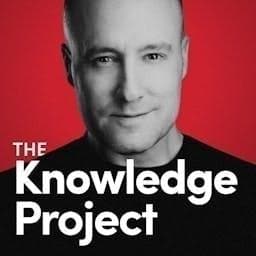
Sign up to save your podcasts
Or



By McKinsey People & Organizational Performance
Listen in to learn how to navigate a fast-changing business landscape and prepare for the future of work by turning talent into competitive advantage. McKinsey talent experts
... more




4.8
3838 ratings



The podcast currently has 42 episodes available.










The podcast currently has 42 episodes available.

16,142 Listeners

403 Listeners

1,992 Listeners

2,687 Listeners

173 Listeners

195 Listeners

8,827 Listeners

176 Listeners

644 Listeners

1,136 Listeners

832 Listeners

670 Listeners

367 Listeners

20,699 Listeners

171 Listeners